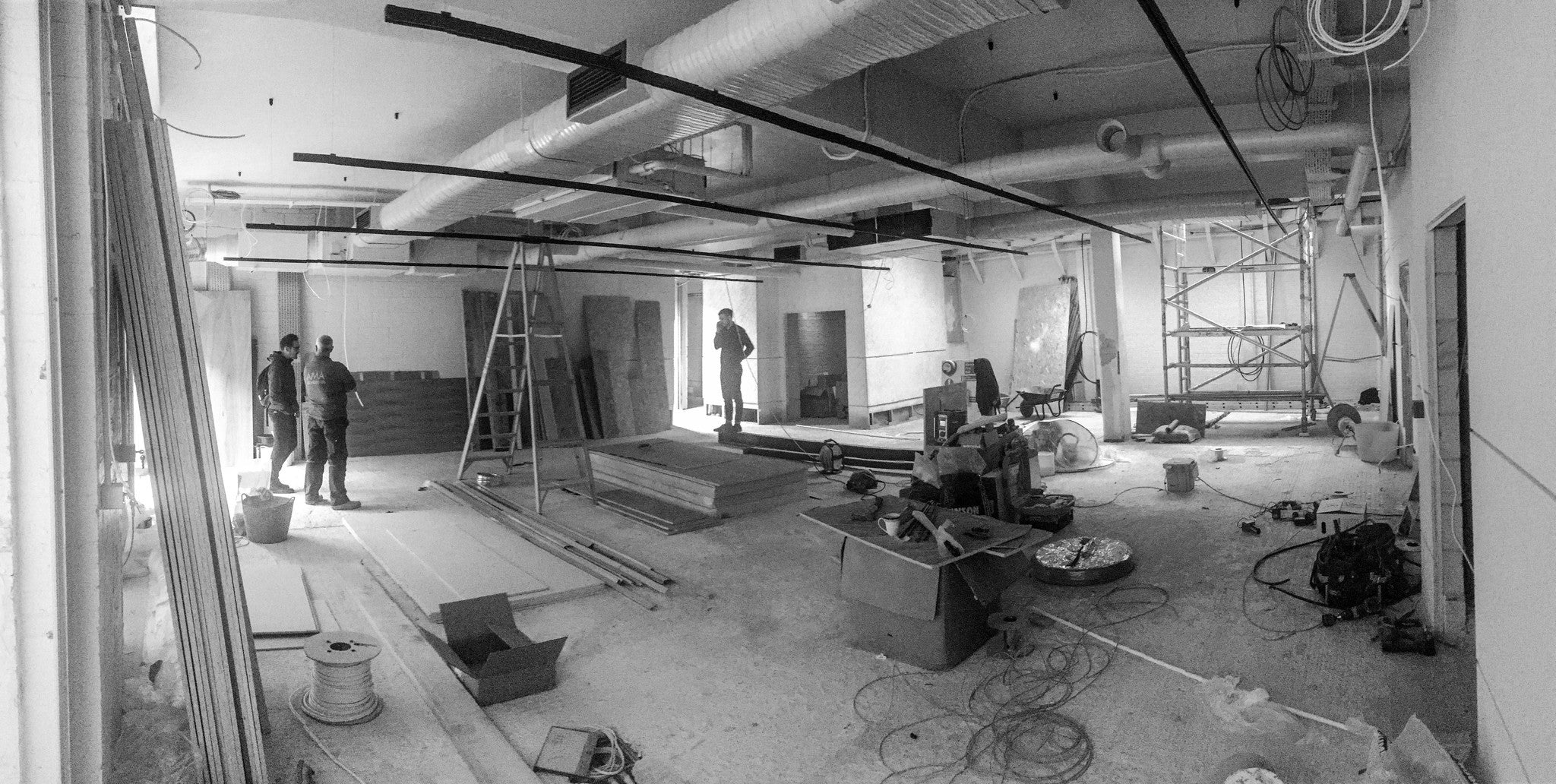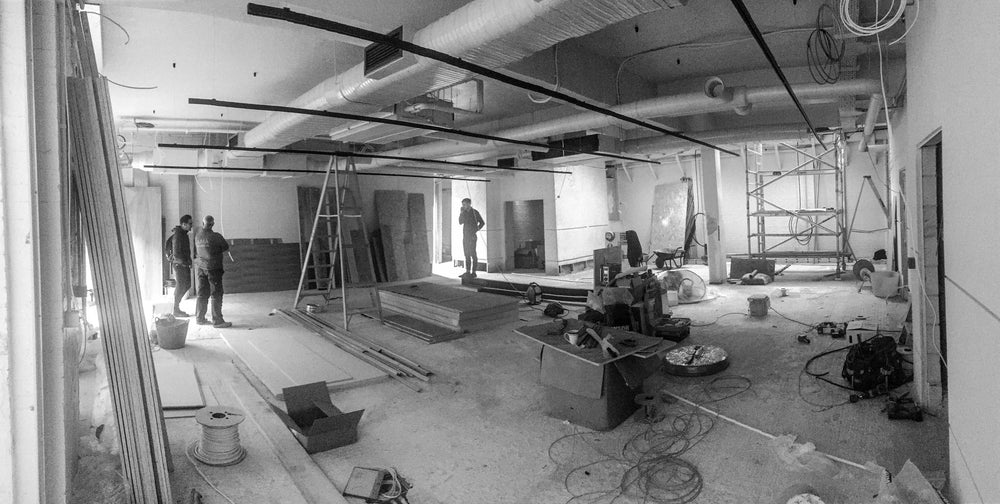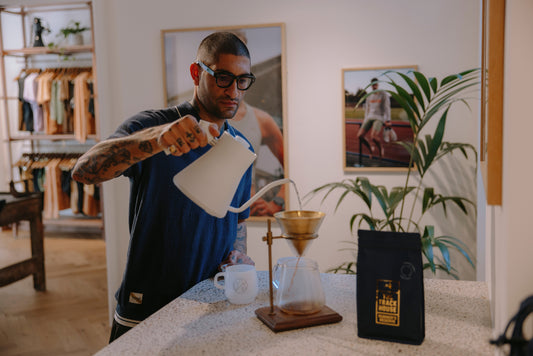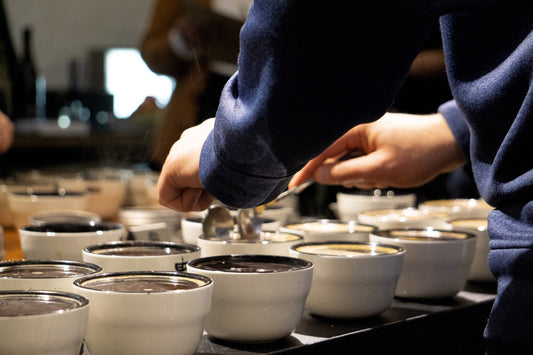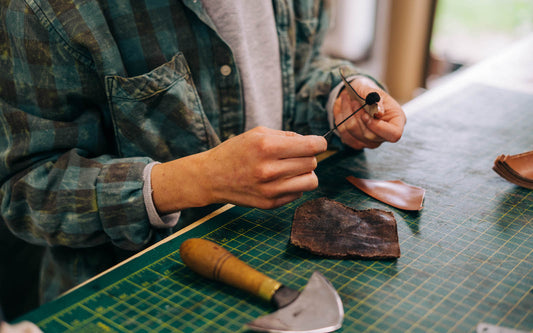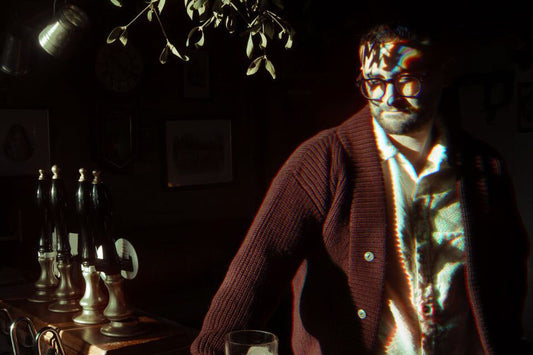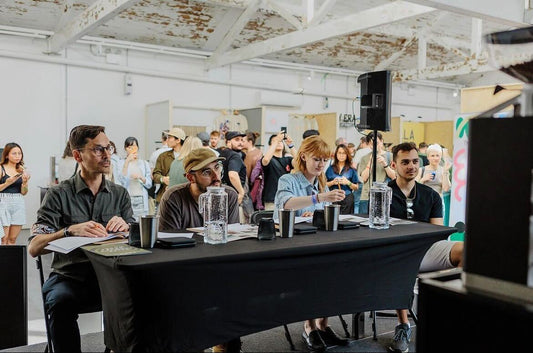It’s hard to believe it’s been a year since we moved our Production Department to Bethnal Green. Almost ten months of planning, planning, more planning, building, installing, commissioning and, finally, profiling coffees on the new machine took place before we packed our things from the back of our Clerkenwell Cafe, headed East and continued work afresh out of the new production space.
 There were some setbacks along the way that we now look back and laugh at, but at the time they were all issues that bugged us in one way or another. The motors on the roaster turning backwards when we first started roasting, the leaky ceiling combatted by using an umbrella whilst at the P25, the combination lockers that nobody had a code for and the intermittent cut-outs of the gas supply before we installed a fatter gas pipe and reduced our link to the fire alarms of the upstairs flats - it just wouldn’t do to have the gas cut off every time our new neighbours burnt their toast.
There were some setbacks along the way that we now look back and laugh at, but at the time they were all issues that bugged us in one way or another. The motors on the roaster turning backwards when we first started roasting, the leaky ceiling combatted by using an umbrella whilst at the P25, the combination lockers that nobody had a code for and the intermittent cut-outs of the gas supply before we installed a fatter gas pipe and reduced our link to the fire alarms of the upstairs flats - it just wouldn’t do to have the gas cut off every time our new neighbours burnt their toast.

Still, miraculously, we set up roast recipes for our coffee range, moved everything, including the team, over a single weekend and didn’t miss a single production day. We’re so proud of the fact we’ve never missed a production day in coming on 6 years of roasting; there's no secret, it’s just down to the incredibly hard work the team does in maintaining the equipment to such a high degree each week.
The new venue means suddenly we're in a position to do things we weren’t able to in Clerkenwell, due to the limiting factor of space. Previous plans have been realised and talk has become action as we've bought pieces of equipment, implementing new protocols that help us in our pursuit of ever better coffee.
Improved Green Coffee Program:
As always, our roasting is guided by three Cs: careful, considered and consistent. We aim to procure the most delicious and interesting green coffee we can and doing it justice in roasting is an ongoing challenge. We wanted to not just improve the roasting itself, but tighten up other areas that impact the roasting process and ultimately the cup.
Something we'd been doing for a while in Clerkenwell was the tagging of every bag of green coffee upon arrival into the roastery before logging a moisture reading using our BeanPro. This has continued in Vyner St., but we added the use of a UV light which we shine on every new coffee coming into the inventory. This helps scan for any mould or other issues that can come about from poor drying or transit of green coffee and allows us to take the necessary steps if something comes up.

Before a test roast is turned and profiling even thought about, we turn a small sample roast in the Ikawa to assess how a particular coffee has travelled. Once cupped, only then do we put together a more informed roasting plan.
When a release date for a particular coffee is scheduled, we ensure the beans spend at least three days acclimatising in our fully insulated green coffee room, fitted out with a temperature control unit and humidifier so the coffee is stable and stored as optimally as we can. As we charge a batch into the roaster finally we don’t have to worry about the temperature fluctuations such as we endured at Clerkenwell. Being able to adapt to this swing is a testament to an experienced hand, but ask any roaster and they’d rather they didn't have this obstacle to overcome at any point. Wrestling with a roast because it's too hot or too cold is no fun, believe me.
New Burner Technology:
Upgrading to a larger machine meant not just more capacity, but vastly better technology. Rather than the manual gas dial of the P12, reading from 1 to 6 and controlling what was essentially a grill burner, the P25 has a touchpad giving us linear control, incrementally increasing or decreasing our gas supply, to what can only be described as a jet engine, 1% at a time. This accuracy makes control of the roast process so much easier, and also facilitates clearer communication across the roasting team.
The power of the new machine means we’re able to fully develop large batches in a shorter time than we previously could. One benefit of being able to roast in a faster and punchier manner is that we’re able to better showcase coffees with prominent fruit and acidity. Since we love coffees of that type, it’s great we’re able to get the best out of them now, more than ever before in our history. We’re talking 22kg of green coffee properly developed, balanced and clean in around 9 minutes; our old P12 could only dream of such numbers.
More Frequent and Focussed QC Sessions:
The assessment of our roasted coffee now takes place in even greater detail too. As always each batch is weighed once out of the cooling tray, ensuring the coffee has lost enough mass to be brittle enough to properly extract when brewing, but we now also measure the colour of roasted coffee using a ColorTrack. Initially helping profile a coffee, we estimate a rough ballpark colour figure to aim for with test roasts, whilst during production it gives us a reliable, objective measurement that allows us to see if certain batches could taste different from others, allowing us to pull potentially blown roasts from the packing line for further analysis.
As well as these quantitative measures we now spend more time on the qualitative side of things too. This means tasting. Lots of tasting. Our huge cupping table is in use most days along with our espresso QC machine, which means we adapt and tweak our roast recipes more frequently as we continually hone in on the sweet spot of every coffee in our range. Coupled with brewing loads of fresh pots using our MoccaMaster during the day, we’re closing a much tighter feedback loop and involving the entire team in the pursuit of tastier coffee.
Some night's, sleep is hard to come by though.

A Larger Team:
We left Clerkenwell with a team of five based permanently in the Roastery; that's grown to eleven staff operating in the Roastery on Vyner Street. In part due to the creation of a dedicated training and wholesale space on site, this means we have all the more resource at hand to test, taste and assess our coffees with a much wider range of palates and brewing expertise.
However, it does mean your arms get tired from grinding pepper into soup for eleven or you get teary-eyed chopping a whole bag of onions for a stew, but divvying the cooking and washing up amongst the team does mean we get to spend a little quality time together over wholesome lunches each day.
Our Head Roaster, Dan, now shares the majority of roasting with the newest production roaster, Roosa. Starting as a Production Assistant in Clerkenwell, she graduated to Roaster in Vyner St. and becomes the first female to stand behind the roaster for Workshop.
Meanwhile, Kohtaro has progressed from Bar Back to Barista, on to Production Assistant and then Roaster, he's now settling into his position as Roastery Manager, ensuring orders are met each day and shipped out on time.

I [Richard] spend a lot less time at the roaster, instead sharing the responsibility of travelling to source green coffee, pushing product development and ensuring high attention to detail is observed in all aspects of training and QC programs with James B. Sam meanwhile hosts our Baristas, Bar Backs and wholesale partners in the training space, which he shares with the Wholesale Support team of Susan, Josh and Florian.
Kristyna and James F make up the final two spots; the Production Assistants who ensure green coffee passes all QC checks, help manage inventory and the rotation of batches in the green room, and who are also responsible for the beautiful presentation and packaging of your coffee.
We’ve had many a visitor to the roastery over the past year. The obvious ones from our green partners at Nordic Approach, TWCS and Café Imports have been, but also numerous crews from the BBC and Channel 4 have filmed us cup, roast and generally talk coffee. Add to that the open doors when we hosted the English AeroPress Championships, along with visits from many notable roasters, cafe owners, baristas, chefs and even a professional cyclist, all have had the tour, drank the coffee and chatted.

Having everyone be involved over the last twelve months in preparing the space and designing the systems that sculpt our working day has been hard work, incredibly important but, most of all, rewarding.
A never-ending work-in-progress, we’re still streamlining and working out how to improve, but rest assured, at no time will corners be cut or product quality compromised.
It’s a team effort and always has been.
It’s a team I’m proud to be part of.
Some Statistics:
- Number of batches to commission the P25 and profile the full range of coffees: 33
- Number of batches turned in the past 12 months: 3,037
- New coffees released during the same period: 25
- Number of bottles of various hot sauces consumed on lunches: At least 30
Share:


